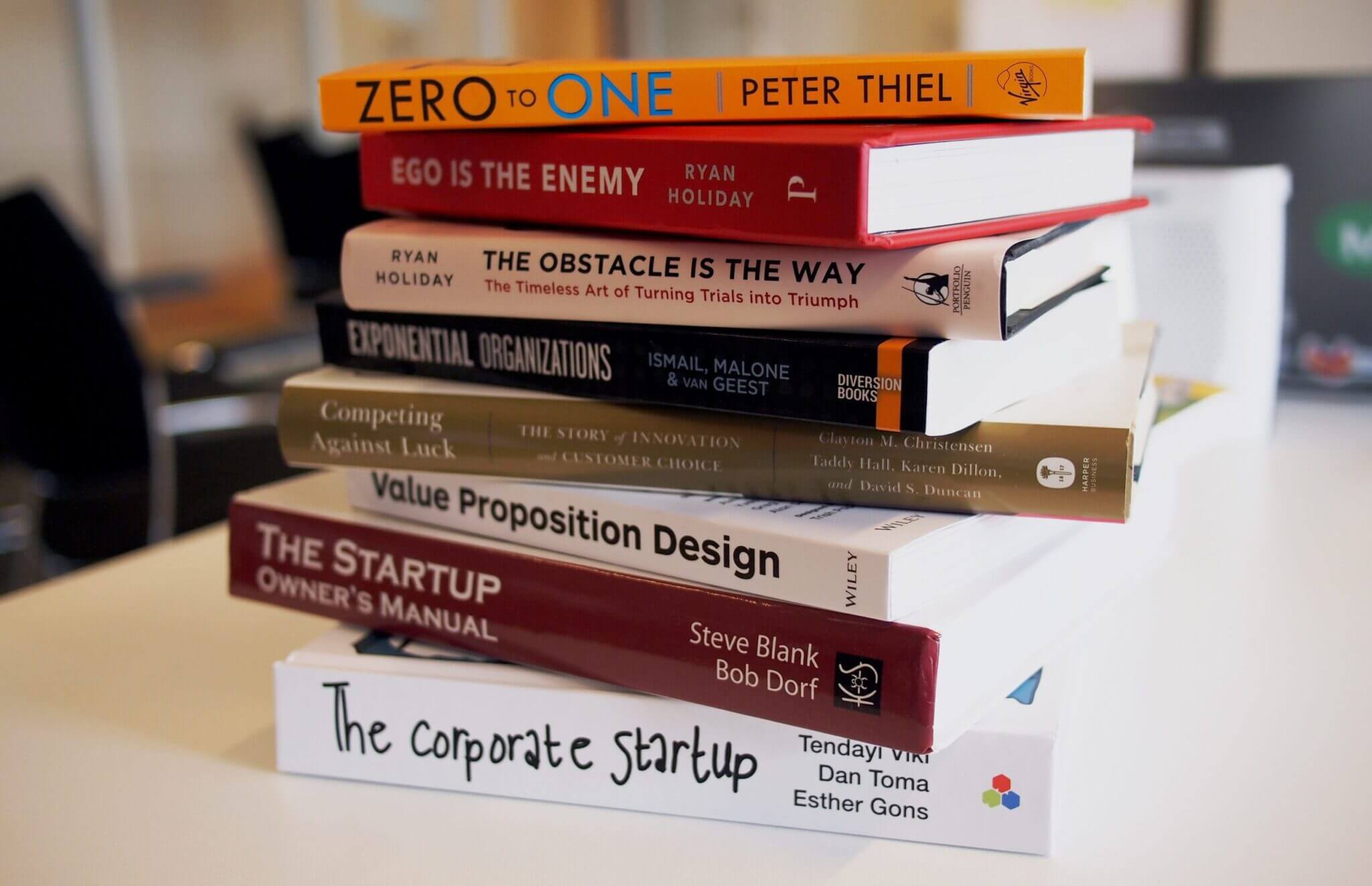A fairly common characteristic of successful start-ups is charismatic, driven founders with take-no-prisoner competitive mentalities, as was illustrated earlier in this chapter in the example of Kalanick and the leadership values at Uber. After all, it takes a thick skin and powerful ego to get through the inevitable disappointments that confront a start-up leader. Often, however, even when these self-assured personalities evade the most egregious behavior of a Kalanick, they still remain very difficult for others to abide. Many companies discover that a different leadership ethos is necessary as they grow. Could entrepreneurs still succeed if they also embraced a humanistic leadership style at the outset, or would this invariably undermine the already low initial odds of success? It is a difficult problem with which many firms wrestle. Dedicated employees may be put off by demanding leaders who are harsh, giving little back to loyal workers even after achieving success. New employees may decide the working climate is less congenial than they anticipated and simply leave. This turnstile effect of workers voting on management with their feet constitutes an ethical judgment of repugnant leadership at the top.
Although no single set of traits identifies the ideal start-up leader, a demanding, driven nature is a fairly common characteristic. Consider these brief profiles of entrepreneurs: first, a profile on Walt Disney and then a profile on Steve Jobs as well as this video showing a contrasting view from Kerrie Laird at Vodafone.
After watching the videos, consider this thought experiment: Suppose the cult of the charismatic—but dogmatic—entrepreneurial leader such as Walt Disney or Steve Jobs were replaced with one steeped in a commitment to employee empowerment that Kerrie Laird claims for Vodafone? Could this change the culture at start-ups? If it could, do you believe that change would be for the better or worse?
These observations identify what may be unique to entrepreneurial culture. This is a combination of personality and management style often identified with those business leaders who strike out on their own, bring a start-up to life, and shape its initial business practices and culture on the job. If the enterprise is successful, the principles and philosophy of the founder become enshrined in the lore of the company, so that long after his or her departure, succeeding leaders find themselves beholden to the management philosophy exemplified from the early days of the firm.
The first employees of a start-up realize what is at stake as the company tiptoes into new entrepreneurial waters. The founder may be the boss, but those associated with him or her sense a collaborative spirit that directly joins them to the founder as well as each other. There can be a genuine fraternity among those who have been with the firm since day 1 or shortly thereafter. Founding members of an entrepreneurial business are also often willing to undergo the strains and rigors attached to a start-up in return for an ownership stake in the company that allows them to profit handsomely from its later growth and success.
Newer staff, however, may not share this mindset. They may simply be seeking a secure position with a growing business rather than a chance to get in on the ground floor of a risky start-up. They will not necessarily have the tolerance for the demanding hours, chaos, and abrasive personalities that can characterize the early days of an enterprise. Can entrepreneurial founders shape a company’s culture so it can accommodate talented employees who are looking for a corporate culture that supports some work–life balance?
Consider also the ethical practices of an entrepreneur and the ethical expectations of employees. Suppose that one of the distinguishing features woven into the fabric of the start-up is the respect extended to customers or clients. An entrepreneur typically promises always to hold customers in the highest regard, never lie to them, and serve them well. Furthermore, suppose this entrepreneur successfully instills this same ethos among all employees from the outset. Respect for customers is intended to become a distinguishing feature of the business; even if it causes monetary loss to the company, this entrepreneur will not cheat a client or misrepresent the company’s services. Finally, presume that this ethos is embedded into the culture of the company while it is still in start-up mode.
Now, and literally against the odds, suppose the company becomes successful. This may signal the hardest time of all for the entrepreneur. Growth often accompanies success, and growth means, among other things, more employees. Not all these new hires will be as committed to the same degree of responsibility for customers. They will not necessarily set out to cheat clients, but they might lack the founder’s enthusiasm for the most honorable treatment of customers. How can an entrepreneur ensure that the initial commitment carries over to the second generation of leadership? He or she cannot simply order it to happen—human nature usually does not respond so easily. So entrepreneurs must do their best to ensure that their version of customer service, one that prioritizes respect for clients, is passed along to new employees. It may be ingrained in the longest-serving employees, but it must be nurtured to the point where it has the same significance for the newest hires. This is where leadership mettle is tested to the severest degree.
About the Author
This article was produced by Entrepreneurship and Start-Up Culture by Rice University.





























